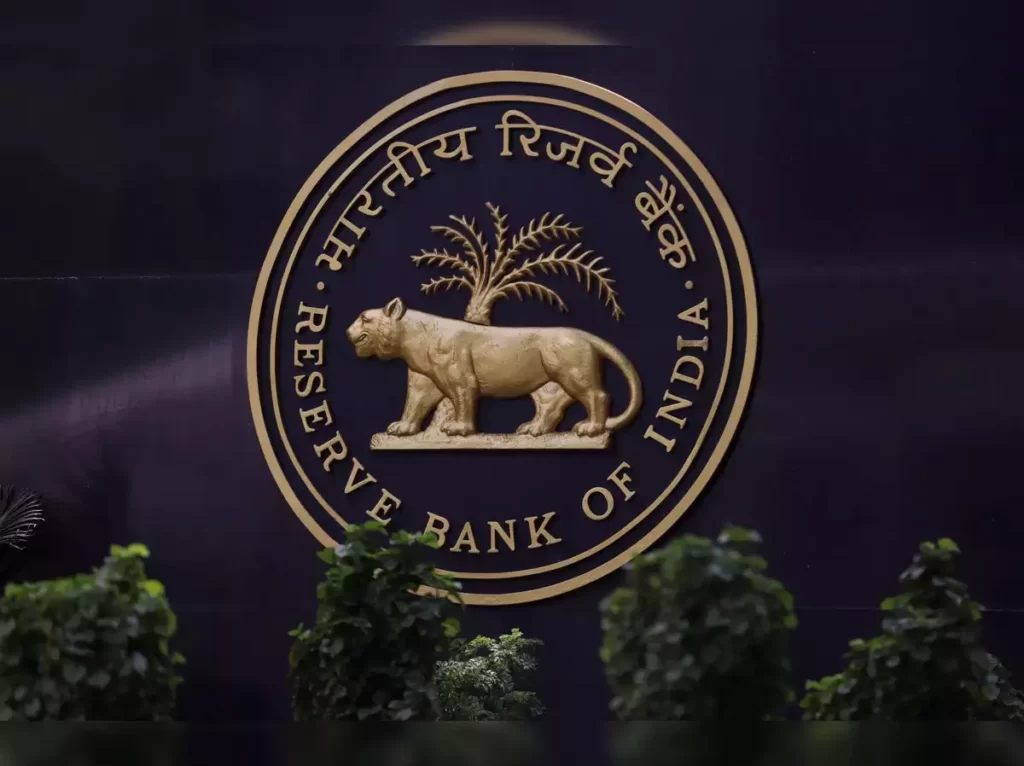The Reserve Bank of India (RBI) has chosen McKinsey and Company India LLP and Accenture Solutions Pvt Ltd India as global consultancy firms to develop systems using artificial intelligence (AI) and machine learning (ML) for its supervisory functions. The RBI aims to extensively utilize advanced analytics, AI, and ML to analyze its extensive database and enhance regulatory supervision over banks and non-banking financial companies (NBFCs). To achieve this, the central bank plans to hire external experts.
In September of the previous year, the RBI invited expressions of interest from consultants to utilize advanced analytics, AI, and ML for generating supervisory inputs. Based on the scrutiny and evaluation outlined in the expression of interest document, the central bank shortlisted seven applicants to participate in the request for proposal process. The shortlisted firms were Accenture Solutions Private Limited, Boston Consulting Group (India) Pvt Ltd, Deloitte Touche Tohmatsu India LLP, Ernst and Young LLP, KPMG Assurance and Consulting Services LLP, McKinsey and Company, and Pricewaterhouse Coopers Pvt Ltd. Among these firms, McKinsey and Company India LLP and Accenture Solutions Pvt Ltd India have been awarded the contract, as stated in a document from the Reserve Bank.

The contract is valued at approximately Rs 91 crore.
While the RBI already employs AI and ML in its supervisory processes, it aims to scale up these technologies to ensure that the benefits of advanced analytics reach the Department of Supervision within the central bank. The Department of Supervision currently utilizes linear and a few machine-learned models for supervisory examinations. The interest now lies in exploring the data to identify attributes that can be leveraged to generate new and improved supervisory inputs, according to the expression of interest issued in September.
The RBI’s supervisory jurisdiction extends to various entities including banks, urban cooperative banks, NBFCs, payment banks, small finance banks, local area banks, credit information companies, and select Indian financial institutions. The objective of this supervision is to assess their financial soundness, solvency, asset quality, governance framework, liquidity, and operational viability in order to protect depositors’ interests and financial stability.
The RBI conducts continuous supervision through on-site inspections and off-site monitoring, as stated in the expression of interest.
Regulatory and supervisory authorities worldwide are increasingly utilizing machine learning techniques, commonly referred to as ‘suptech’ and ‘regtech’, to aid in supervisory and regulatory activities. While most of these techniques are still in the exploratory phase, they are gaining popularity and expanding rapidly.

AI and ML technologies are employed for real-time data reporting, effective data management, and dissemination on the data collection side.
For data analytics, these technologies are used to monitor firm-specific risks, including liquidity risks, market risks, credit exposures, concentration risks, misconduct analysis, and product mis-selling.
